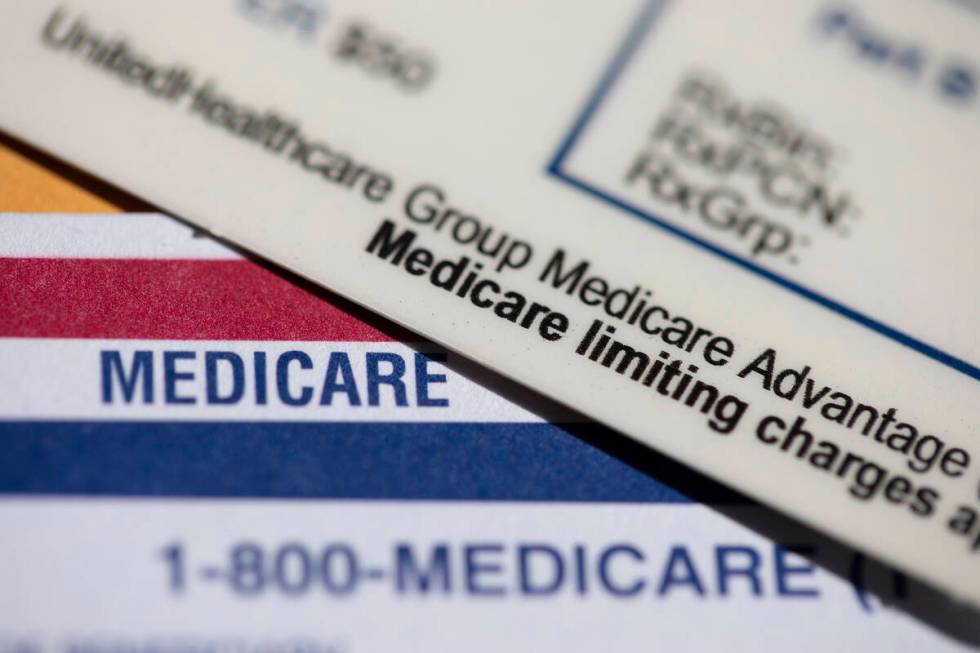What changes can be made during Medicare’s enrollment period?

Dear Toni: In August, my husband and I enrolled in a Medicare supplement, which has not paid a medical claim because we are on a Medicare Advantage plan. We could not leave that plan and return to original Medicare due to Medicare rules.
I was told that the annual enrollment period is when Sonny and I can disenroll from this Advantage plan and return to Medicare, but I do not know what to do. — Laura, Las Vegas
Dear Laura: The biggest no-no in the Medicare insurance world is when an agent sells a beneficiary a new supplement without explaining how to disenroll from their Medicare Advantage plan.
The proper time to disenroll is during Medicare’s annual enrollment period, from Oct. 15 to Dec. 7. By enrolling in Medicare Part D to return to original Medicare, you can use your supplement starting Jan. 1.
The annual enrollment period is when beneficiaries can enroll in or change their stand-alone Medicare prescription drug (Part D) plan or Medicare Advantage (Part C) plan.
Enrolling in changing a Medicare supplement is not included in the annual enrollment period rules. Underwriting rules for Medicare supplements usually apply during this period, or at any time of the year for those enrolled in Part B longer than six months.
Other changes that can be made during the annual enrollment period:
■ Returning to original Medicare by enrolling in a stand-alone Medicare Part D plan.
■ Returning to original Medicare by enrolling in a stand-alone Part D plan and purchasing a Medicare supplement (underwriting rules may apply).
■ Enrolling in a Part D plan, for late or initial enrollment.
■ Changing Part D plans.
■ Enroll in a Medicare Advantage plan with prescription drug coverage.
■ Change from one Medicare Advantage plan, with or without prescription drug coverage, to a new Part C plan.
■ Return to original Medicare with no Part D plan. (Note: There is a penalty for not enrolling in a Part D plan when first eligible.)
Many Medicare Advantage and Part D plans have changed for 2025. Use medicare.gov to verify that your prescription drugs are covered in your plan’s formulary. If your prescriptions are not covered by your existing plan for 2025, you will have to pay 100 percent of the costs.
Toni King is an author and columnist on Medicare and health insurance issues. If you have a Medicare question, email info@tonisays.com or call 832-519-8664.